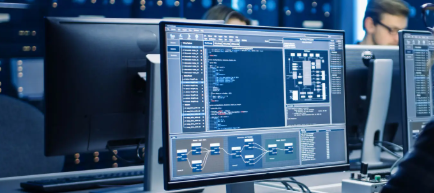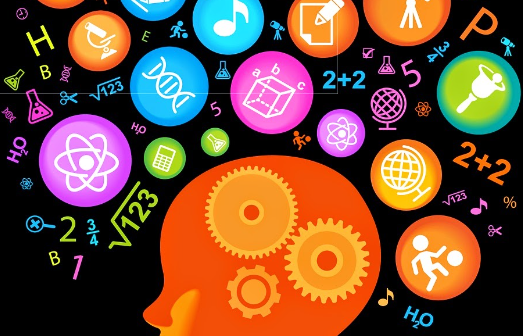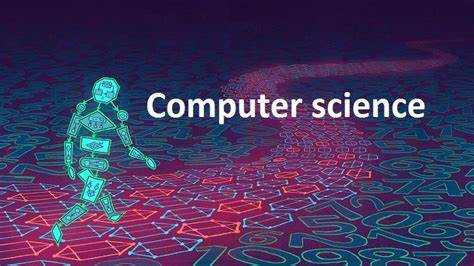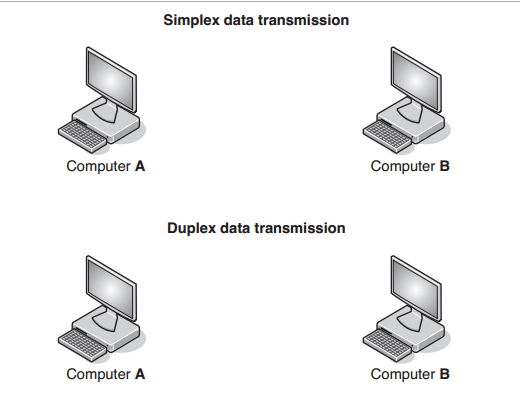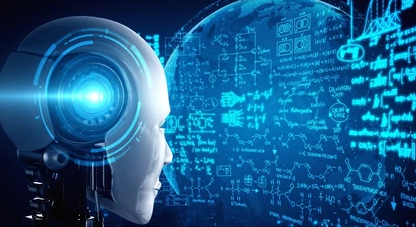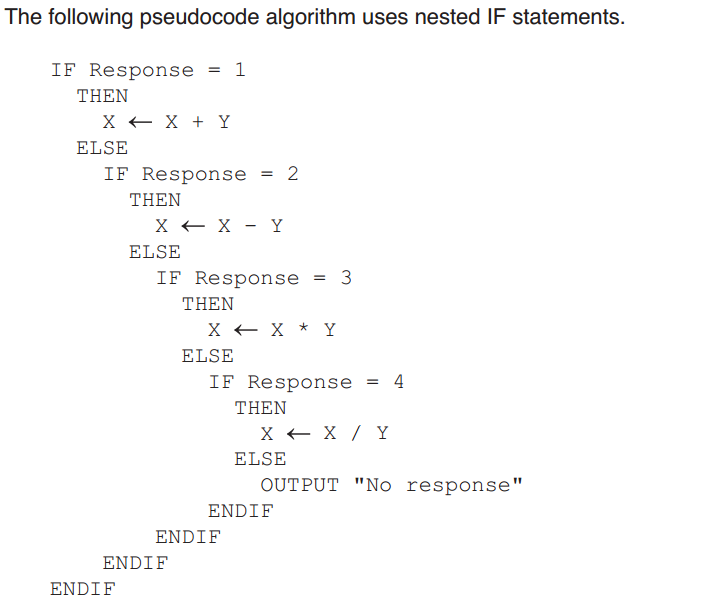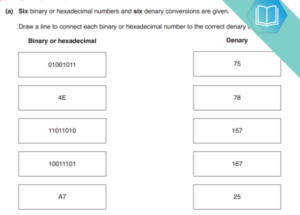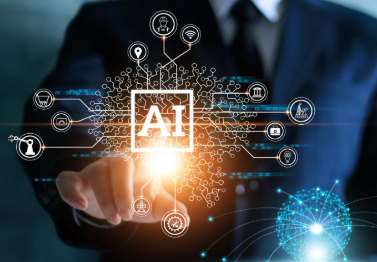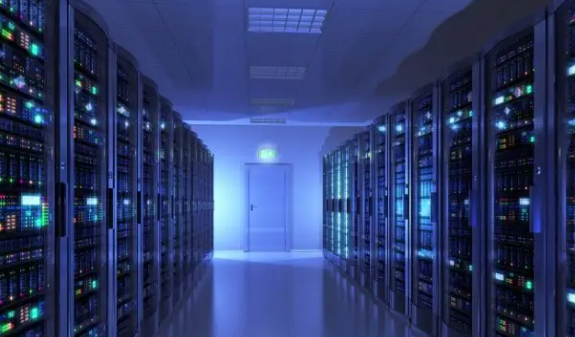Artificial Intelligence (AI) presents a myriad of amazing opportunities across various industries. Here are some notable opportunities:
- Automation of Repetitive Tasks:
- AI can automate mundane and repetitive tasks, freeing up human resources for more creative and strategic endeavors. This leads to increased efficiency and productivity in various industries.
- Advanced Healthcare Solutions:
- AI enables the development of advanced healthcare solutions, including personalized medicine, disease prediction, and medical image analysis. It can enhance diagnostics, treatment plans, and patient care.
- Smart Manufacturing:
- AI-driven technologies, such as predictive maintenance and quality control, are transforming manufacturing processes. This results in improved production efficiency, reduced downtime, and better resource utilization.
- Financial Services Innovation:
- AI is revolutionizing the financial sector through algorithmic trading, fraud detection, risk management, and personalized financial advice. It can analyze vast amounts of financial data quickly and accurately.
- Enhanced Customer Experience:
- AI applications, like chatbots and virtual assistants, enhance customer service by providing real-time assistance, personalized recommendations, and seamless communication across various industries.
- Autonomous Vehicles:
- The development of AI in autonomous vehicles opens up opportunities for safer and more efficient transportation. This includes self-driving cars, drones, and delivery robots.
- Education and E-Learning:
- AI can personalize education by adapting learning materials to individual needs, providing targeted feedback, and supporting the development of personalized learning paths for students.
- Natural Language Processing (NLP):
- NLP advancements in AI facilitate improved language understanding, translation, sentiment analysis, and speech recognition. This has applications in virtual assistants, customer support, and content analysis.
- Cybersecurity Enhancement:
- AI is used to detect and prevent cybersecurity threats through anomaly detection, pattern recognition, and predictive analysis. It enhances the ability to respond to evolving security challenges.
- Environmental Monitoring and Conservation:
- AI aids in monitoring and analyzing environmental data to address conservation challenges. It contributes to wildlife protection, climate modeling, and sustainable resource management.
- Supply Chain Optimization:
- AI applications optimize supply chain processes by predicting demand, improving inventory management, and enhancing logistics. This results in cost reduction and improved operational efficiency.
- Personalized Marketing:
- AI analyzes consumer behavior and preferences to create targeted and personalized marketing campaigns. This improves customer engagement and helps businesses tailor their offerings.
- Human Resources Management:
- AI assists in talent acquisition, employee engagement, and workforce management. It streamlines HR processes, making recruitment, training, and performance evaluation more efficient.
- Creative Content Generation:
- AI algorithms can generate creative content, such as art, music, and writing. This has applications in entertainment, advertising, and content creation industries.
- Precision Agriculture:
- AI technologies, including drones and sensors, are used in precision agriculture to monitor crops, optimize irrigation, and enhance overall agricultural productivity.
- Financial Inclusion:
- AI-powered fintech solutions contribute to financial inclusion by providing access to financial services for underserved populations. This includes mobile banking, microfinance, and digital payment systems.
- Augmented Reality (AR) and Virtual Reality (VR):
- AI enhances AR and VR experiences by enabling realistic simulations, personalized content delivery, and immersive training programs in industries like gaming, education, and healthcare.
- Predictive Maintenance in Industrial Settings:
- AI-driven predictive maintenance anticipates equipment failures in industrial settings, minimizing downtime and reducing maintenance costs.
- Energy Management and Sustainability:
- AI optimizes energy consumption, supports renewable energy integration, and contributes to sustainable practices, making industries more environmentally friendly.
- Global Collaboration and Research:
- AI facilitates global collaboration in research by analyzing massive datasets, accelerating discoveries, and supporting interdisciplinary approaches to complex problems.
These opportunities demonstrate the transformative potential of AI across diverse sectors, shaping the future of technology, business, and society.








